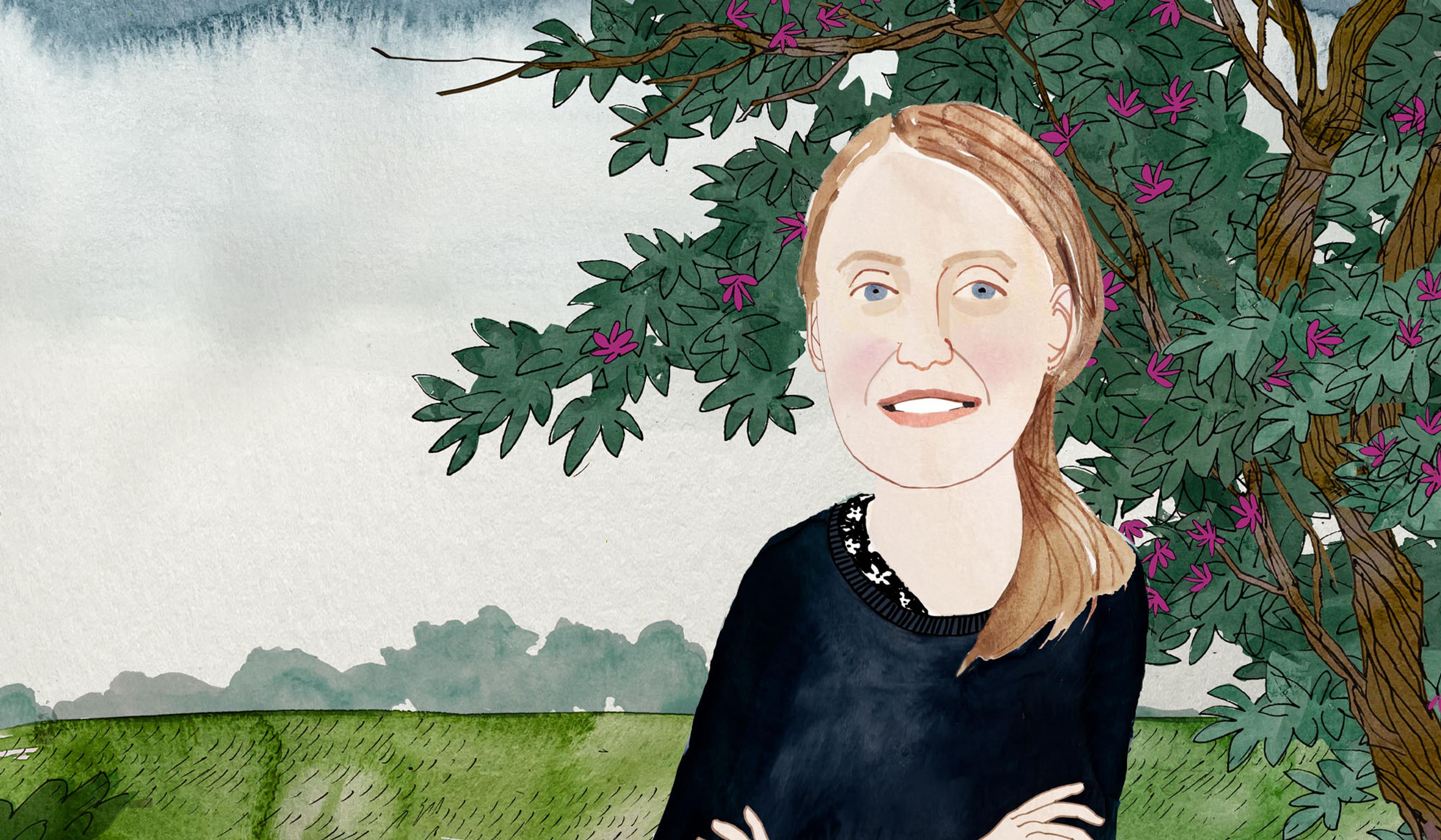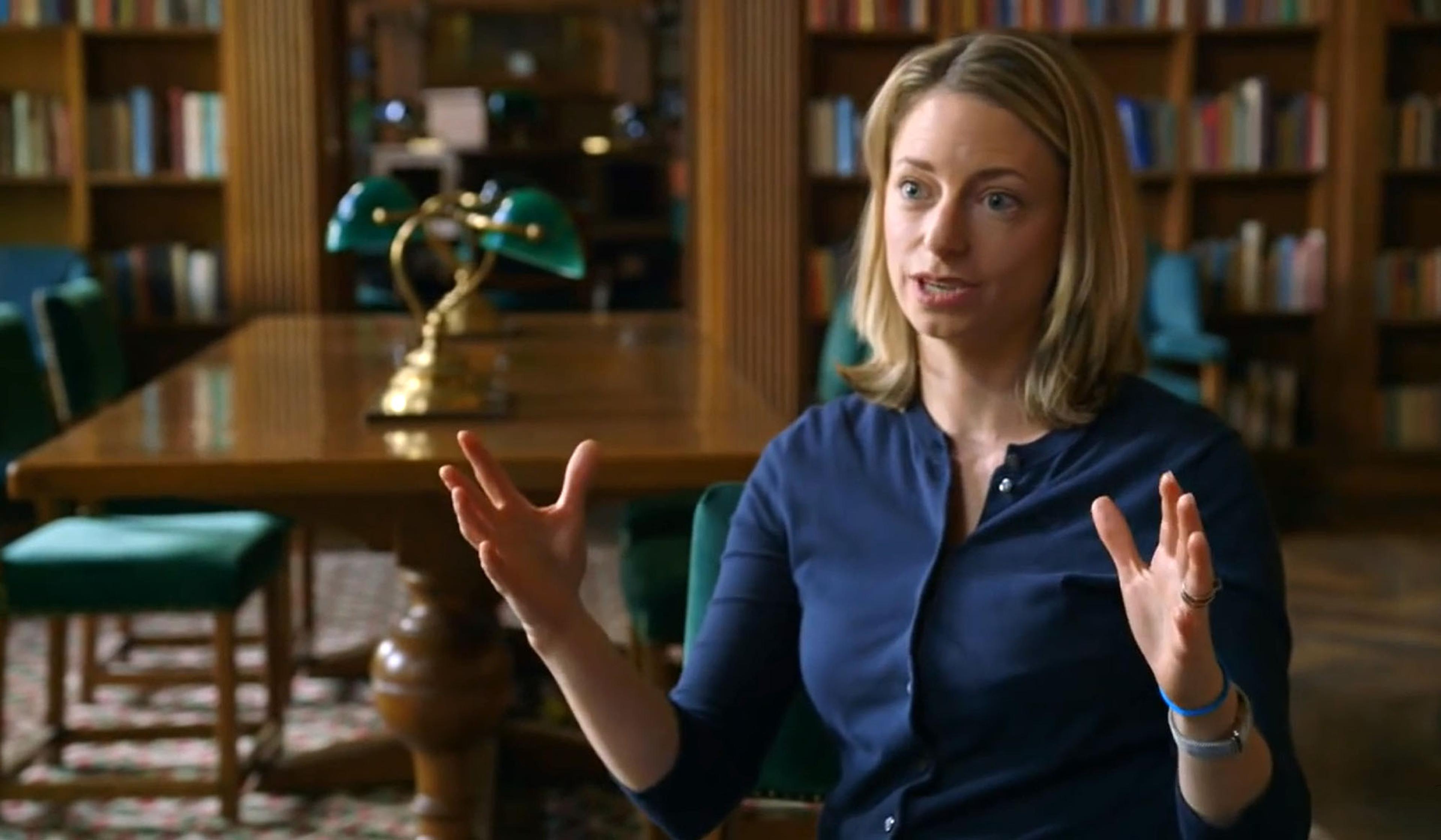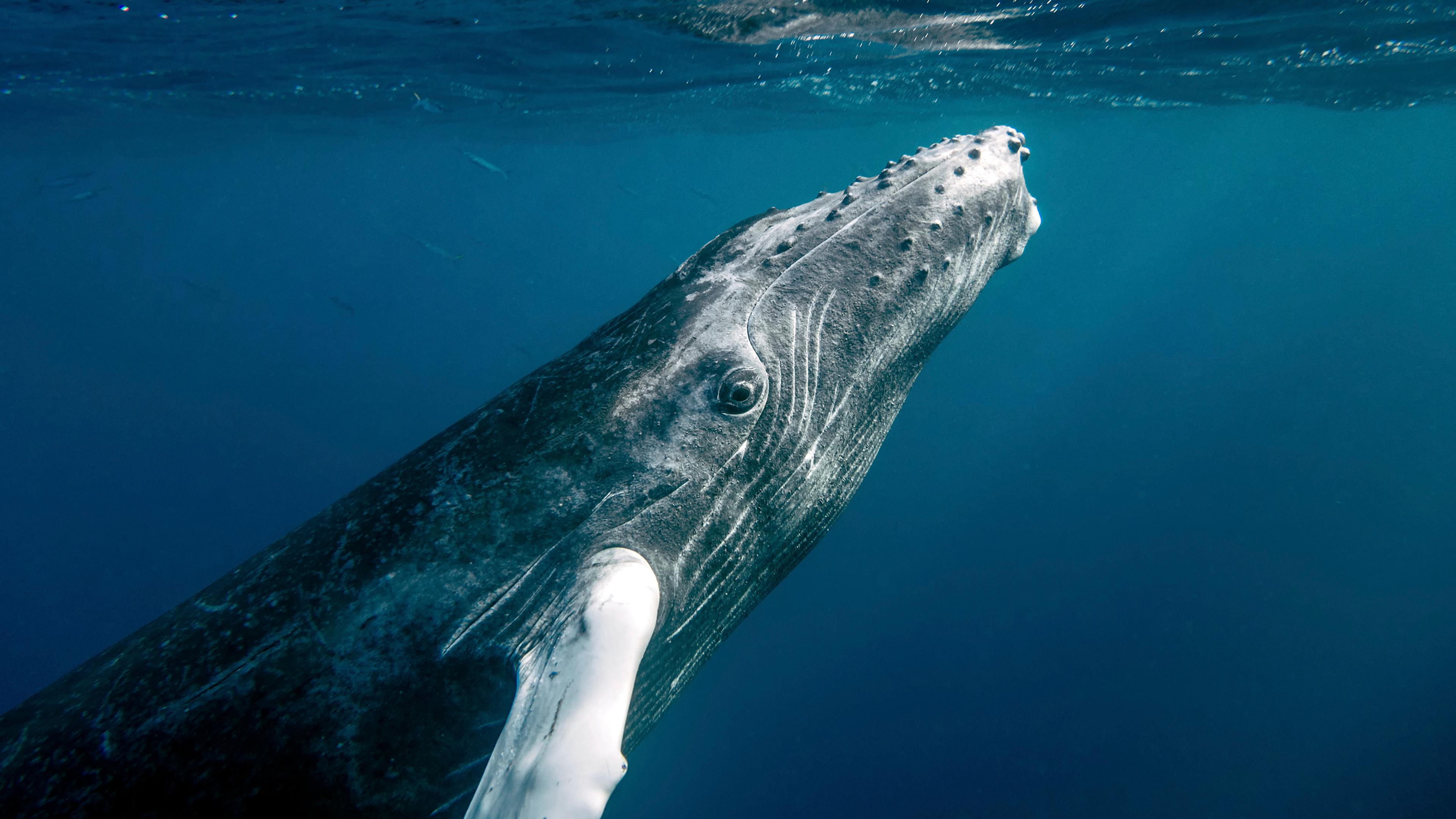It’s no surprise that speech is the primary means of communication for humans – we talk a lot. Yet most of the study of speech in psychology and cognitive neuroscience has focused on language. There is, however, another aspect of speech that reveals fascinating insights about our behaviour beyond just the words we say to each other: conversation. In this Aeon interview, the UK neuroscientist Sophie Scott dissects the hidden physiology and psychology at work during conversations, and discusses why being superior conversationalists might have given us an evolutionary leg-up over our primate cousins.
There’s a lot more to conversation than words. What really happens when we talk
Interviewer: Nigel Warburton
Producer: Kellen Quinn
Editor: Adam D’Arpino
12 October 2015

videoCognition and intelligence
How a ‘periodic table’ of animal intelligence could help to root out human bias
5 minutes

videoHistory of science
People have been trying to talk with apes for nearly a century. How far have we got?
8 minutes

videoCognition and intelligence
Leaping from firing neurons to human behaviour is tempting, but it’s a perilous gap
3 minutes

videoNeuroscience
The brain repurposed our sense of physical distance to understand social closeness
5 minutes

videoNeuroscience
See how our brains group words by meaning in surprisingly complex semantic maps
3 minutes

videoHuman evolution
Do higher-pitched voices put women at a disadvantage?
5 minutes


